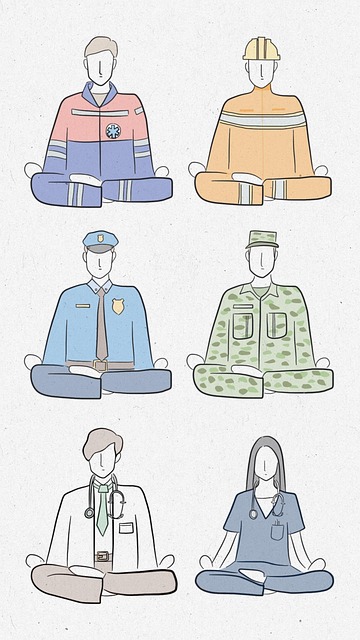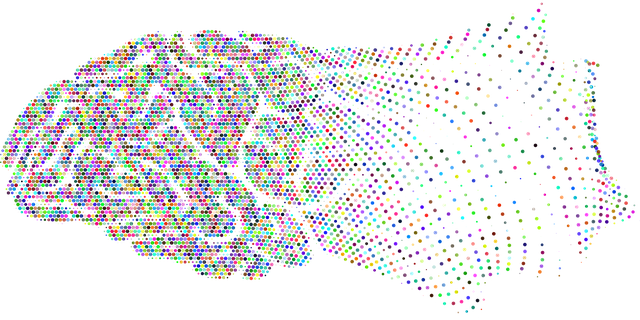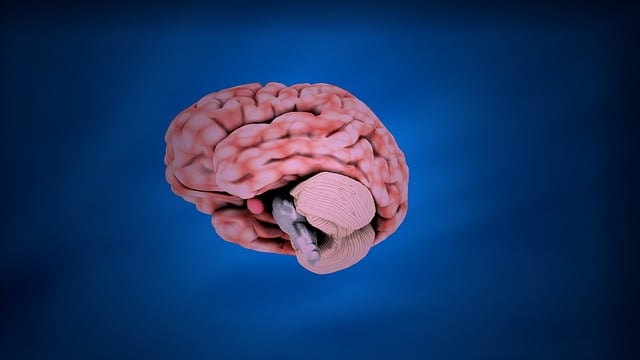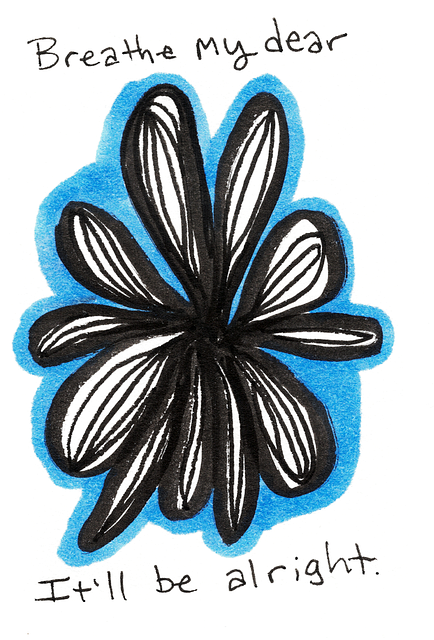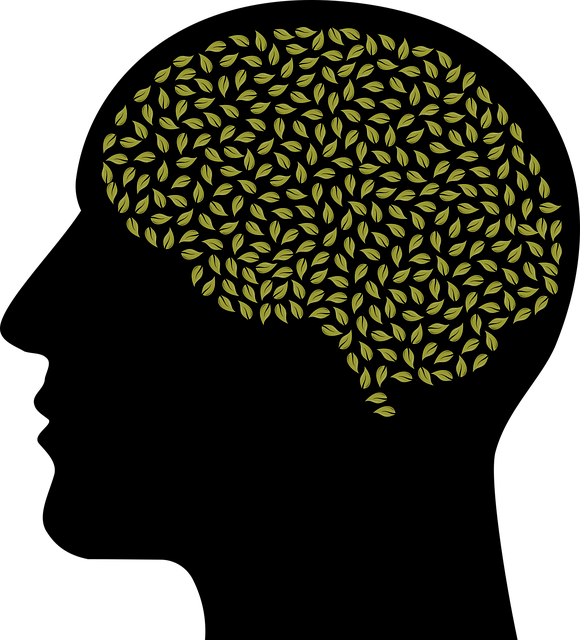Mental wellness self-assessment tools, aided by innovative methods like Littleton EMDR Certified Therapy, empower individuals to understand and improve their mental health. These tools utilize questionnaires, mood trackers, and prompts to capture detailed insights into emotional, cognitive, and behavioral patterns, facilitating structured self-reflection. Digital advancements enable personalized depression prevention strategies tailored to individual needs, while public awareness campaigns reduce stigma and encourage early intervention. Effective assessment frameworks leverage evidence-based practices like EMDR, fostering self-awareness, positive thinking, and comprehensive emotional well-being management. Continuous improvement through goal setting, feedback collection, and research integration ensures these tools remain dynamic and relevant in promoting mental wellness.
Mental wellness self-assessment tools are crucial for individuals taking charge of their emotional well-being. This article delves into the development of such tools, exploring key components like understanding mental wellness, leveraging Littleton EMDR Certified Therapy techniques, and creating effective assessment frameworks. We discuss integrating self-assessments with professional support to foster accurate diagnoses and tailored treatment plans. Additionally, we highlight measuring success and continuously improving these tools for optimal mental health management.
- Understanding Mental Wellness Self-Assessment Tools
- The Role of Littleton EMDR Certified Therapy in Self-Assessment
- Developing Effective Assessment Frameworks
- Integrating Self-Assessment with Professional Support
- Measuring Success and Continuous Improvement
Understanding Mental Wellness Self-Assessment Tools

Mental wellness self-assessment tools play a pivotal role in individual’s journey to understanding and improving their mental health. These tools act as a mirror, reflecting an individual’s emotional state, thoughts, behaviors, and overall well-being. By utilizing evidence-based methods like those employed by Littleton EMDR Certified Therapy, these assessments provide a structured framework for self-reflection and personal growth. They can help identify areas of concern, such as symptoms of depression or anxiety disorders, and guide individuals towards appropriate interventions, including Mindfulness Meditation techniques and Social Skills Training programs.
Certified therapists and mental health professionals design these tools to be accessible and user-friendly, empowering individuals to take an active role in their mental wellness. They often incorporate a range of components, such as questionnaires, mood trackers, and self-reflection prompts, to capture nuanced aspects of one’s experience. With ongoing advancements in digital technology, these tools are becoming increasingly sophisticated, offering personalized recommendations for Depression Prevention strategies, tailored to individual needs.
The Role of Littleton EMDR Certified Therapy in Self-Assessment

Littleton EMDR Certified Therapy plays a pivotal role in mental wellness self-assessment tools development. This therapeutic approach, incorporating Eye Movement Desensitization and Reprocessing (EMDR), has proven effective in treating trauma and enhancing emotional well-being. By facilitating connections between distressing memories and current thoughts and behaviors, EMDR helps individuals gain deeper self-awareness, a crucial aspect of comprehensive mental health assessment.
The integration of Littleton EMDR Certified Therapy into self-assessment tools can significantly improve their efficacy. Self-Awareness Exercises, guided by certified therapists, can help users identify and understand their emotional responses, thoughts, and behaviors. Furthermore, Public Awareness Campaigns Development around mental wellness, backed by evidence-based practices like EMDR, can contribute to reducing stigma and encouraging individuals to seek support, ultimately fostering a healthier and more aware community.
Developing Effective Assessment Frameworks

Developing Effective Assessment Frameworks
In navigating the intricate landscape of mental wellness, creating robust self-assessment tools is akin to illuminating a labyrinthine path. These frameworks must be meticulously designed to cater to diverse psychological needs, ensuring accuracy and reliability in evaluating an individual’s mental health status. Incorporating evidence-based practices like those offered by Littleton EMDR Certified Therapy can serve as a beacon, guiding the assessment process towards validated methods that have proven effective in treating various mental health conditions.
Public Awareness Campaigns Development and Mental Health Education Programs Design play a crucial role in fostering this process. By raising mental health awareness, these initiatives empower individuals to recognize their own mental wellness states more accurately. Through education, people gain insights into the nuances of their minds, enabling them to proactively engage in self-assessment and early intervention, ultimately contributing to better mental health outcomes.
Integrating Self-Assessment with Professional Support

Integrating self-assessment with professional support is a powerful approach to enhancing mental wellness. Tools like Littleton EMDR Certified Therapy offer individuals a structured way to evaluate their emotional well-being and identify areas that may require further attention. By combining self-reflection with expert guidance, individuals can gain valuable insights into their thoughts and feelings, fostering a deeper understanding of themselves.
This process encourages the development of essential skills such as compassion cultivation practices and effective communication strategies. It also promotes positive thinking by helping individuals recognize patterns that contribute to stress or anxiety. Such tools serve as a bridge between self-assessment and professional care, ensuring that those seeking support have a comprehensive framework for their mental wellness journey.
Measuring Success and Continuous Improvement

Measuring success and continuous improvement are vital components of developing effective mental wellness self-assessment tools. At the core of this process lies the integration of various emotional well-being promotion techniques, ensuring that the assessments accurately reflect an individual’s progress towards better mental health. By employing evidence-based practices like those offered by Littleton EMDR Certified Therapy, developers can create reliable and valid metrics to gauge success. This involves setting clear goals and outcomes, regularly collecting feedback from users, and analyzing the impact of interventions over time.
Continuous improvement necessitates a dynamic approach where assessment tools evolve based on user needs and emerging research in mental illness stigma reduction efforts. Regularly reviewing and updating these tools allows for the incorporation of new anxiety relief techniques and best practices, ensuring their relevance and effectiveness. This iterative process fosters a supportive environment for individuals seeking to enhance their emotional well-being, promoting sustainable mental health management.
Mental wellness self-assessment tools play a pivotal role in empowering individuals to take charge of their mental health. By integrating methods like Littleton EMDR Certified Therapy, these tools offer a structured yet personalized approach to evaluation. Effective frameworks, combined with professional support, ensure comprehensive assessments that facilitate informed decision-making and tailored interventions. Continuous improvement, measured through ongoing feedback, is essential to enhancing the accuracy and impact of these tools, ultimately fostering better mental wellness outcomes.






